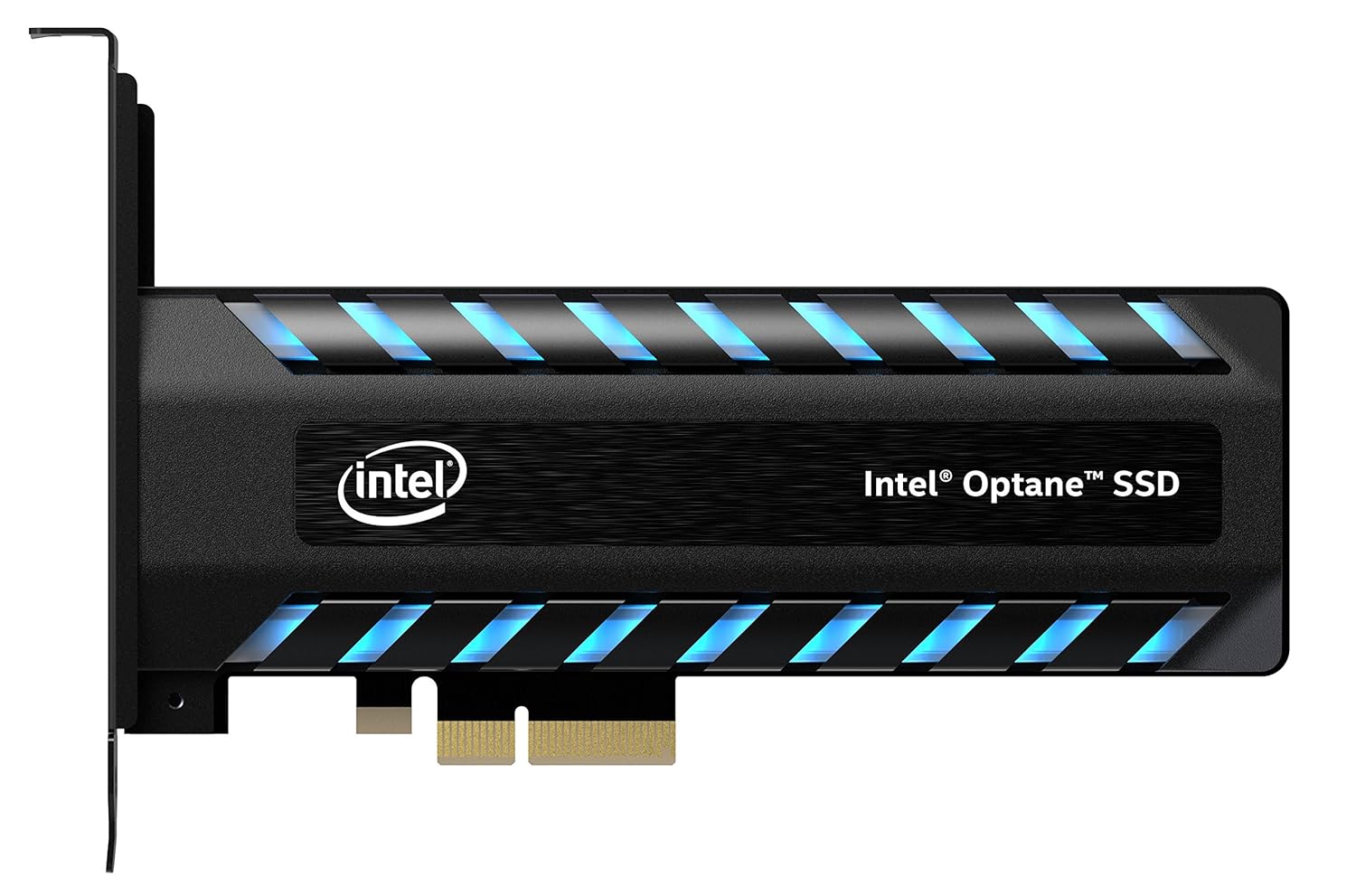Tom's Hardware is proud to announce the upcoming guest in our featured Community Series -- ASK ME ANYTHING.
On Tuesday, March 12th through Wednesday, March 13th the Intel Optane Team will join us in a live AMA. Have a question about Optane? Now’s your chance to speak with Intel directly. Log into the forums to join the discussion and learn about the latest news on the future of Intel and Optane storage technology.
This thread will be unlocked, open and live for 24 hours starting at 12:00pm EDT on Tuesday, March 12th. Questions will be moderated and supervised by Tom's Hardware Community Manager, Joshua Simenhoff, as well as our full team of moderators.
Intel Optane Technology Team
Don't Forget the Optane Giveaway

We're also proud to announce an upcoming giveaway done in partnership with Intel. Up for grabs is the workstation ready Intel Optane SSD 905p 960GB. Featuring AIC PCie x 4 3D XPoint technology and some the fastest latency speeds in the industry, the Intel Optane SSD 905p is ready for the most demanding storage workloads. Don’t miss out on your chance to win! The sweepstakes opens today, March 12th and will close at 11:59 pm EST on April 5th. Please see the contest entry page for a full list of rules and ways to enter.
Ask Me Anything Rules
• No tech support questions, as these require in-depth personal follow-up and diagnostics.
• All Rules of Conduct apply.
• Keep questions direct and to the point.
• Avoid opinion bias, as in, "Why are all your products awesome/horrible?"
• Be respectful of our guests--no insults, no leading questions.
• Do not post duplicate questions or repost your question multiple times.
• Not all questions may be answered. Questions may not be answered in the order in which they are received or posted.
To reiterate: No opinion bias, insults, leading questions, or breaking the Rules of Conduct. Breaking these rules may result in a one-day ban.
Only registered users will be able to ask questions, so if you haven’t yet, be sure to register now for your chance to participate!
On Tuesday, March 12th through Wednesday, March 13th the Intel Optane Team will join us in a live AMA. Have a question about Optane? Now’s your chance to speak with Intel directly. Log into the forums to join the discussion and learn about the latest news on the future of Intel and Optane storage technology.
This thread will be unlocked, open and live for 24 hours starting at 12:00pm EDT on Tuesday, March 12th. Questions will be moderated and supervised by Tom's Hardware Community Manager, Joshua Simenhoff, as well as our full team of moderators.
Intel Optane Technology Team
- Chris Tobias, Director, Intel Optane Technology Team.
- James Myers, Director, Data Center Storage Solutions Architecture
- Roger Corell, Marketing Manager
- Avinash Shetty, Senior SSD Strategic Planner and Product Line Manager
- Mark Henderson, Storage Technology Marketing Engineer
Don't Forget the Optane Giveaway

We're also proud to announce an upcoming giveaway done in partnership with Intel. Up for grabs is the workstation ready Intel Optane SSD 905p 960GB. Featuring AIC PCie x 4 3D XPoint technology and some the fastest latency speeds in the industry, the Intel Optane SSD 905p is ready for the most demanding storage workloads. Don’t miss out on your chance to win! The sweepstakes opens today, March 12th and will close at 11:59 pm EST on April 5th. Please see the contest entry page for a full list of rules and ways to enter.
Ask Me Anything Rules
• No tech support questions, as these require in-depth personal follow-up and diagnostics.
• All Rules of Conduct apply.
• Keep questions direct and to the point.
• Avoid opinion bias, as in, "Why are all your products awesome/horrible?"
• Be respectful of our guests--no insults, no leading questions.
• Do not post duplicate questions or repost your question multiple times.
• Not all questions may be answered. Questions may not be answered in the order in which they are received or posted.
To reiterate: No opinion bias, insults, leading questions, or breaking the Rules of Conduct. Breaking these rules may result in a one-day ban.
Only registered users will be able to ask questions, so if you haven’t yet, be sure to register now for your chance to participate!
Last edited:

